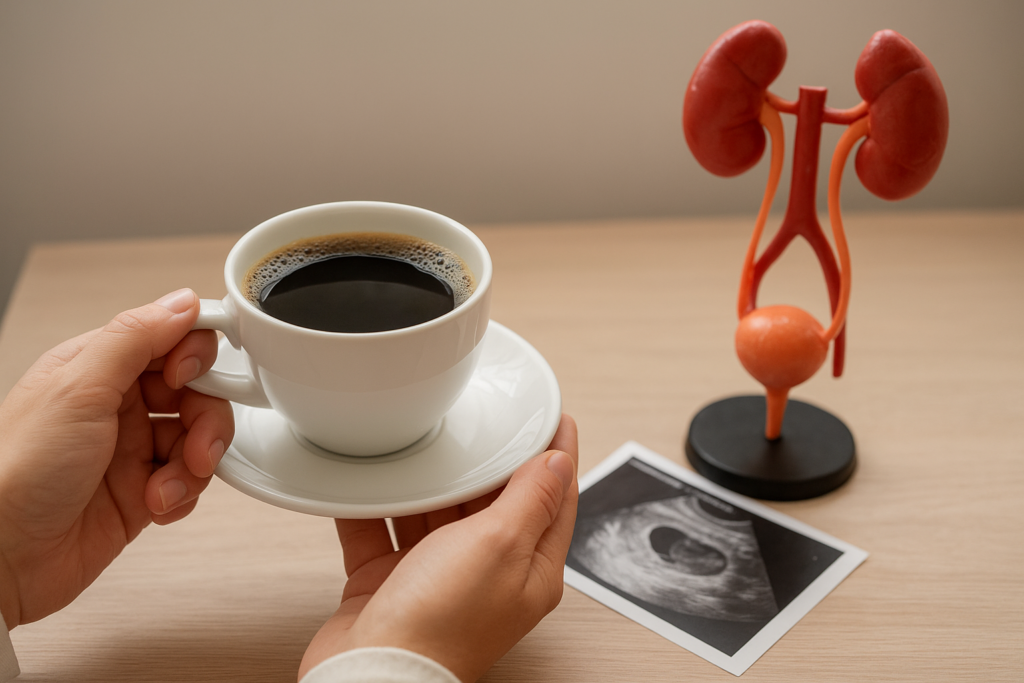For many people, the day does not begin until they’ve had their first cup of coffee. While coffee offers a welcome boost of alertness and energy, it may also bring along an unwanted side effect: increased bladder activity. If you find yourself rushing to the restroom soon after your morning brew, there may be a scientific reason behind it.
Why Coffee Affects the Bladder
Coffee contains caffeine, a natural stimulant that influences several systems in the body—including the urinary system. Caffeine acts as both a diuretic and a bladder irritant. This means it increases urine production and makes the bladder more sensitive, resulting in more frequent urges to urinate.
1. Caffeine as a Diuretic
Caffeine increases blood flow to the kidneys and encourages the body to produce more urine. This can lead to more frequent restroom visits, especially in people who consume multiple cups of coffee throughout the day.
2. Bladder Irritation
Beyond increasing urine volume, caffeine can irritate the bladder lining. This sensitivity can trigger sudden or strong urges to urinate, known as overactive bladder symptoms. For individuals with existing bladder concerns, such as urinary urgency or incontinence, coffee can intensify the problem.
Signs Your Coffee Is Causing Overactivity
- You feel a sudden urge to urinate shortly after drinking coffee
- You wake up at night to urinate after consuming caffeine late in the day
- You experience difficulty holding urine during physical activity
- You notice increased bladder pressure or discomfort
If these symptoms occur consistently, coffee may be contributing to your bladder issues.
Does Decaf Help?
Decaffeinated coffee contains significantly less caffeine, which can reduce bladder irritation. However, decaf is not completely caffeine-free, and its acidic nature may still affect sensitive individuals. Switching to decaf or alternating between caffeinated and decaf beverages can help identify your sensitivity level.
How Much Coffee Is Too Much?
The bladder’s tolerance for caffeine varies from person to person. While some may tolerate two to three cups a day without problems, others may experience symptoms after a single cup. A safe starting point is limiting intake to one cup daily and observing any changes in bladder behavior.
Practical Tips to Reduce Bladder Irritation
- Reduce caffeine gradually to avoid withdrawal headaches
- Choose low-acid or decaf coffee options
- Drink more water to balance caffeine’s diuretic effects
- Avoid drinking coffee on an empty stomach
- Limit caffeine intake in the evening to prevent nighttime urination
When to Seek Medical Advice
If bladder urgency, frequency, or discomfort persists even after reducing caffeine intake, it may indicate an underlying condition such as overactive bladder, urinary tract infection, or pelvic floor dysfunction. A Urologist can help identify the cause and recommend appropriate treatments or lifestyle adjustments.
Conclusion
Coffee can be a delightful part of your morning routine, but it may also play a significant role in bladder overactivity. Understanding how caffeine affects your body allows you to make informed choices about your daily habits. With mindful adjustments, you can enjoy your coffee while keeping your bladder healthy and comfortable.

